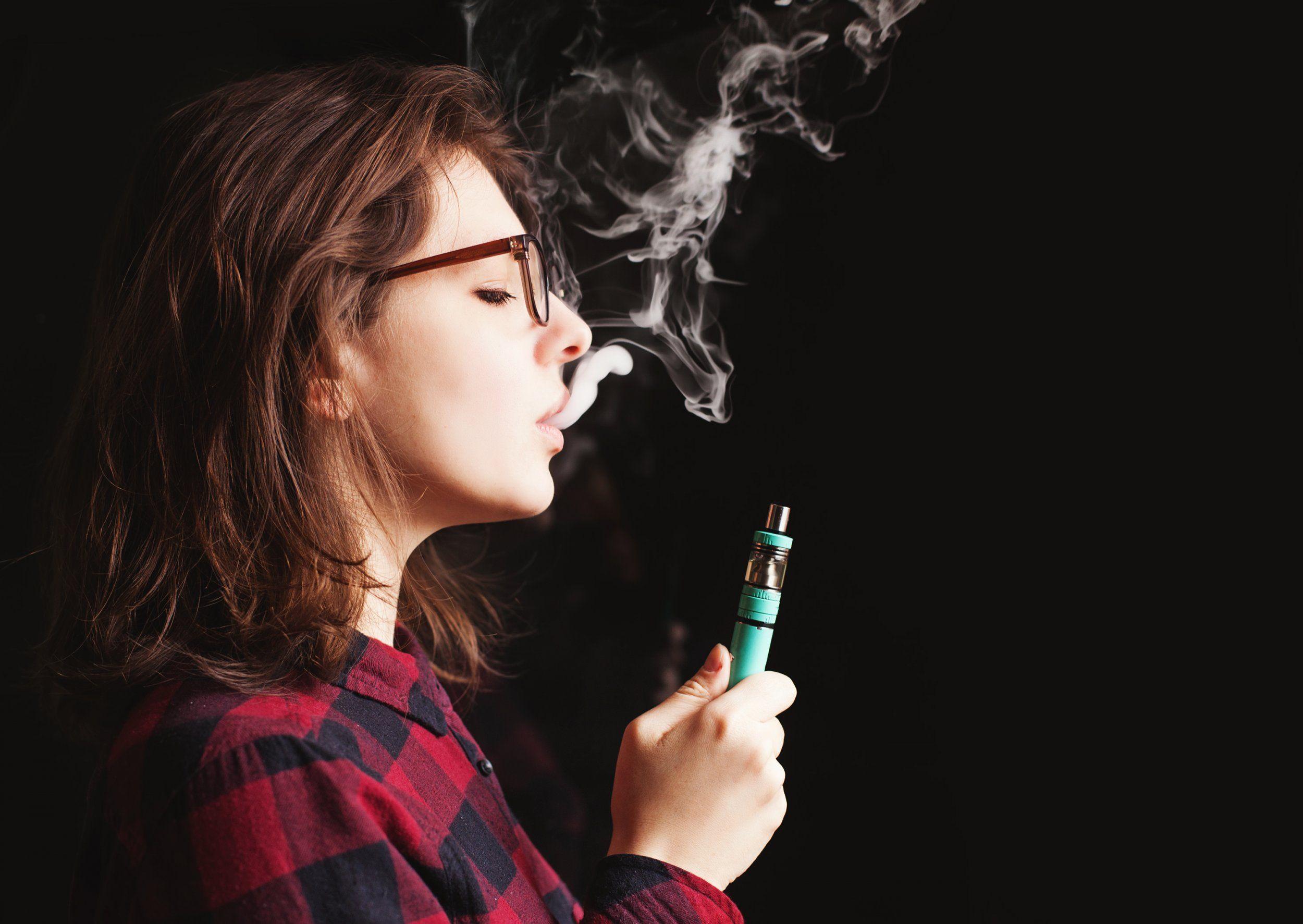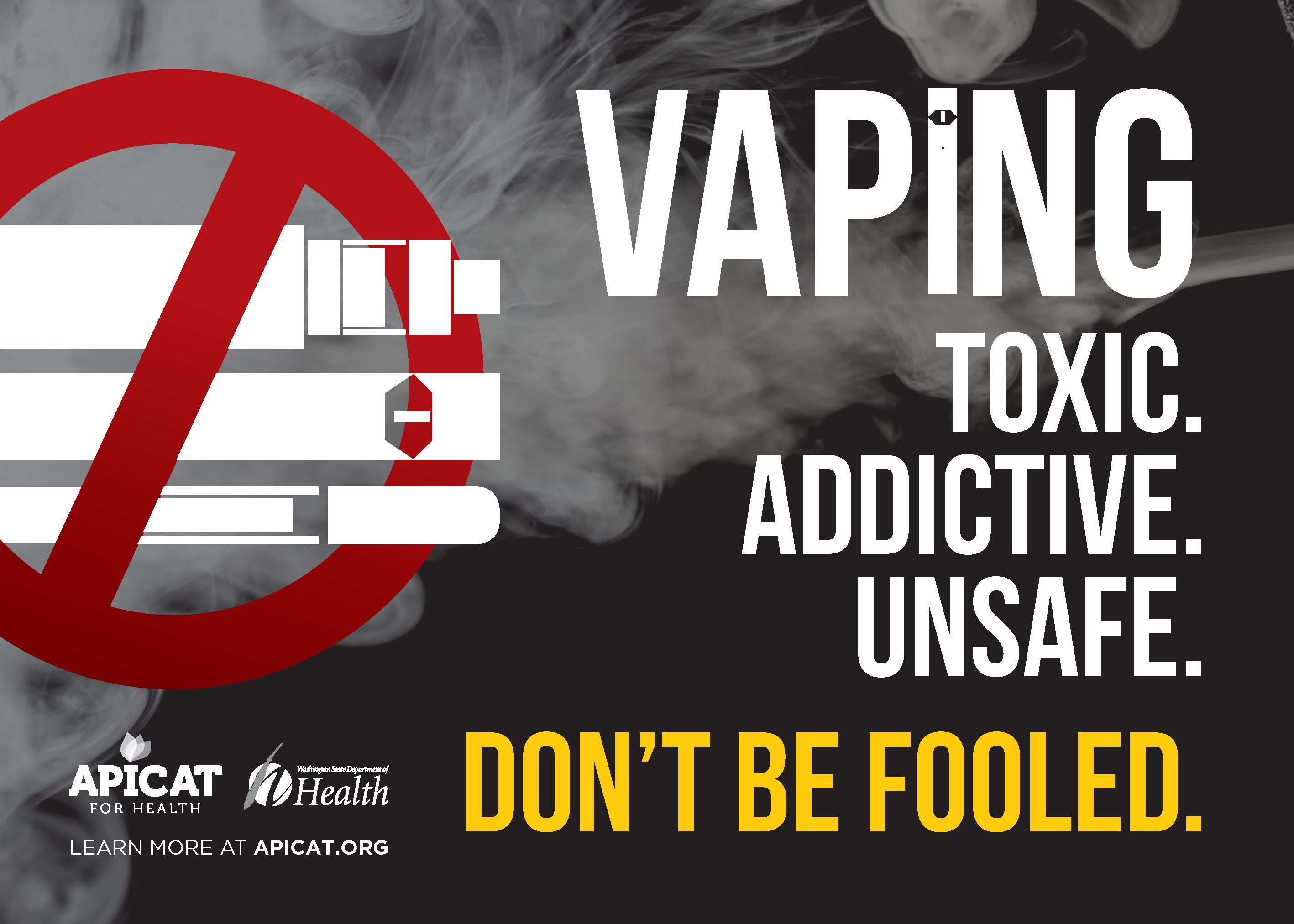Let's be real here folks. The vaping craze has taken the world by storm, but have you ever stopped to think about the risks? Not inhaling vape might sound like a buzzkill to some, but it could actually save your life. Yes, you heard that right. In this day and age, where everyone's chasing the next big trend, it's important to pause and evaluate what's truly good for your body. So, let’s dive into why skipping that vape inhale might just be the smartest decision you make this year.
Look around you. Vaping has become a cultural phenomenon, especially among the younger generation. But here's the thing: just because everyone's doing it doesn't mean it's safe. Studies are popping up left and right linking vaping to serious health issues, and not inhaling vape could be your ticket to dodging those bullets. It's like saying no to peer pressure in its most modern form. You're not missing out; you're making a choice that could protect your health in the long run.
Now, I know what you're thinking—"But it's not as harmful as smoking, right?" While that might be true in some aspects, the jury's still out on just how safe vaping really is. The chemicals inside those sleek little devices can still wreak havoc on your lungs, even if you're not a heavy user. And that's why we're here today—to break down why not inhaling vape might be the wisest move for your well-being.
What Exactly is Vaping?
Vaping, in its simplest form, is the act of inhaling aerosol produced by an e-cigarette or similar device. It's marketed as a safer alternative to traditional smoking, but let's not kid ourselves. These devices heat a liquid—often containing nicotine, flavorings, and other chemicals—into an aerosol that users inhale. The problem? That "harmless" vapor isn't as harmless as it seems.
The liquids used in vaping can contain a cocktail of chemicals, including propylene glycol, glycerin, and various flavorings. When heated, these substances can break down into harmful byproducts. And while the nicotine in vaping products might help some smokers quit traditional cigarettes, it's still highly addictive and can have negative effects on brain development, especially in younger users.
Why Not Inhaling Vape Makes Sense
Here's the deal: if you're not inhaling vape, you're drastically reducing your exposure to those potentially harmful chemicals. It's like saying no to secondhand smoke but on a personal level. By choosing not to inhale, you're taking a proactive step toward protecting your respiratory system. And who doesn't want that?
- Unraveling The Mystery Is Shane Gillis Married
- Did Molly Norbit Go To Jail For Bullying The Truth Behind The Controversy
Think about it. Every time you inhale vape, you're introducing foreign substances into your lungs. Even if the effects aren't immediate, the long-term consequences could be severe. Not inhaling vape is a simple way to minimize those risks and keep your lungs functioning at their best. Plus, you'll save yourself the hassle of dealing with nicotine addiction down the line.
Health Risks Associated with Vaping
Now, let's talk about the elephant in the room. Vaping isn't all rainbows and butterflies. Sure, it might seem like a harmless habit, but the health risks are very real. Studies have linked vaping to a range of respiratory issues, including lung inflammation, chronic bronchitis, and even a condition called "popcorn lung." And that's just the tip of the iceberg.
One of the biggest concerns is the presence of harmful chemicals in vape liquids. For instance, diacetyl, a chemical commonly used in flavored vape products, has been linked to severe lung damage. And let's not forget about the potential for nicotine addiction, which can lead to increased heart rate, high blood pressure, and a host of other cardiovascular problems. By choosing not to inhale vape, you're sidestepping these dangers and prioritizing your health.
How Vaping Affects Your Lungs
Your lungs are one of the most vital organs in your body, and they deserve to be treated with care. Vaping can have a significant impact on lung health, often in ways that aren't immediately obvious. When you inhale vape, the aerosol particles can settle deep within your lung tissue, causing irritation and inflammation. Over time, this can lead to reduced lung function and an increased risk of respiratory infections.
And let's not overlook the role of flavorings in all of this. Many vape liquids contain flavoring agents that are safe to eat but not necessarily safe to inhale. When these substances are heated and turned into vapor, they can transform into harmful compounds that your lungs simply weren't designed to handle. By not inhaling vape, you're giving your lungs a break and allowing them to do their job without unnecessary interference.
Breaking the Nicotine Cycle
Nicotine is a powerful drug, and it can be incredibly difficult to quit once you've started. Vaping often contains nicotine, which means that even if you're not smoking traditional cigarettes, you're still at risk of developing an addiction. And let's be honest—nobody wants to be tied to a habit that controls their life.
By choosing not to inhale vape, you're taking a stand against nicotine addiction. You're saying, "No, I don't want this chemical controlling my choices." It's empowering, and it puts you in the driver's seat of your own health journey. Plus, you'll save yourself a ton of money in the long run. Vape devices and liquids can get expensive, and kicking the habit early on can save you thousands of dollars over time.
How Nicotine Affects Your Brain
Nicotine doesn't just affect your lungs; it also has a profound impact on your brain. When you inhale vape, nicotine quickly enters your bloodstream and travels to your brain, where it triggers the release of dopamine—a feel-good chemical that reinforces the habit. Over time, this can lead to addiction, making it harder and harder to quit.
For young people, the risks are even greater. The adolescent brain is still developing, and exposure to nicotine during this critical period can have lasting effects on cognitive function, attention, and impulse control. By not inhaling vape, you're protecting your brain from these potential long-term consequences and setting yourself up for a healthier future.
The Psychological Benefits of Not Inhaling Vape
Let's talk about the mental side of things for a moment. Choosing not to inhale vape isn't just about physical health; it also has psychological benefits. When you make the decision to avoid vaping, you're taking control of your life in a powerful way. You're saying, "I value my health, and I'm not going to let societal pressures dictate my choices."
This sense of empowerment can have a ripple effect on other areas of your life. You might find that you're more confident in standing up to peer pressure in general, whether it's related to vaping or something else entirely. And let's not forget the peace of mind that comes with knowing you're making a positive choice for your well-being. That's a feeling that no amount of nicotine can replicate.
Building a Stronger Sense of Self
Not inhaling vape is more than just a health decision; it's a statement about who you are as a person. It shows that you're capable of making choices that align with your values, even when it's not the popular thing to do. This sense of self-awareness and self-discipline can carry over into other areas of your life, helping you build a stronger, more resilient sense of self.
Think about it. When you resist the temptation to vape, you're reinforcing your ability to say no to things that don't serve you. This skill can be applied to countless other situations, from unhealthy relationships to toxic work environments. By choosing not to inhale vape, you're laying the groundwork for a life filled with purpose and intention.
How to Quit Vaping for Good
If you're already a vaper and you're thinking about quitting, know that you're not alone. Thousands of people have successfully kicked the habit, and you can too. The first step is to acknowledge that vaping is a choice, and like any choice, it can be changed. Here are a few tips to help you on your journey:
- Set a Quit Date: Pick a specific day to stop vaping and stick to it. Having a clear goal can help you stay focused.
- Identify Triggers: Figure out what situations or emotions make you want to vape and find alternative ways to cope.
- Seek Support: Surround yourself with people who support your decision to quit. Whether it's friends, family, or a support group, having a network of allies can make all the difference.
- Stay Busy: Keep your hands and mind occupied with activities that don't involve vaping. This could be anything from exercising to picking up a new hobby.
- Be Patient: Quitting vaping isn't easy, and it might take a few tries to get it right. Don't be too hard on yourself if you slip up; just keep pushing forward.
Common Misconceptions About Vaping
There are a lot of myths floating around about vaping, and it's important to separate fact from fiction. One of the biggest misconceptions is that vaping is completely safe. While it may be less harmful than traditional smoking, it's not without risks. Another common myth is that vape liquids are just water vapor. In reality, they contain a variety of chemicals that can have harmful effects when inhaled.
Some people also believe that vaping is a great way to quit smoking, but the evidence on this is mixed. While it might work for some, others find themselves trading one addiction for another. The bottom line is that not inhaling vape is the safest option, regardless of your smoking history.
Debunking the "Harmless Water Vapor" Myth
Let's tackle one of the most pervasive myths head-on: the idea that vape is just harmless water vapor. This couldn't be further from the truth. The aerosol produced by vaping devices contains a variety of chemicals, including nicotine, heavy metals, and volatile organic compounds. These substances can be harmful when inhaled, especially over long periods of time.
So, the next time someone tells you that vaping is just like breathing in water vapor, you can confidently say, "Not quite." By not inhaling vape, you're making a choice to avoid these potentially harmful substances and protect your health in the process.
Conclusion: Take Control of Your Health
At the end of the day, the choice is yours. Not inhaling vape might not be the coolest thing in the world, but it's one of the smartest decisions you can make for your health. You're protecting your lungs, avoiding nicotine addiction, and empowering yourself to live a life free from harmful habits. And isn't that worth more than any fleeting trend?
So, here's my challenge to you: make the choice to prioritize your health. Whether you're a long-time vaper looking to quit or someone who's never picked up a vape device, take a stand for your well-being. Share this article with your friends and family, leave a comment below, or check out some of our other articles for more tips on living a healthier life. Remember, your health is one of the most valuable assets you have—don't let anything compromise it.
Table of Contents
- What Exactly is Vaping?
- Why Not Inhaling Vape Makes Sense
- Health Risks Associated with Vaping
- How Vaping Affects Your Lungs
- Breaking the Nicotine Cycle
- How Nicotine Affects Your Brain
- The Psychological Benefits of Not Inhaling Vape
- Building a Stronger Sense of Self
- How to Quit Vaping for Good
- Common Misconceptions About Vaping
- Unraveling Luke Combs Political Stance Is Luke Combs Democrat
- Exploring The Life Of Michael C Hall And His Kids


